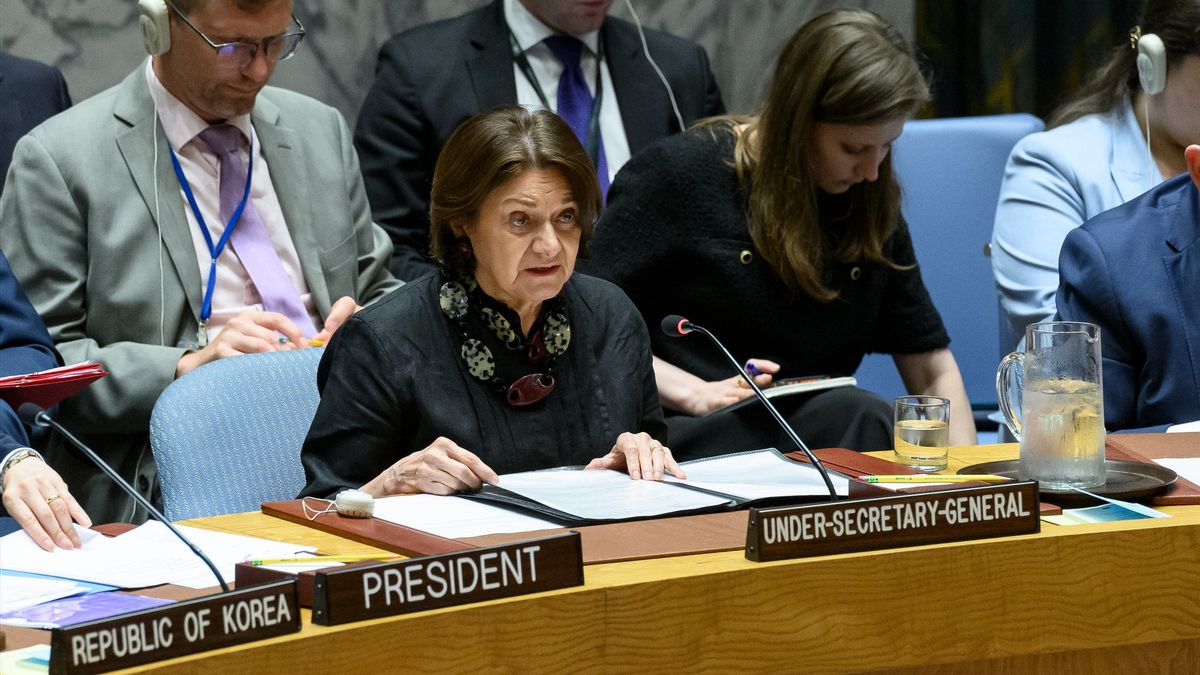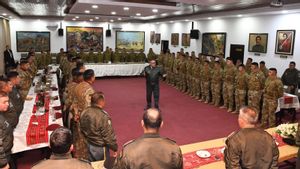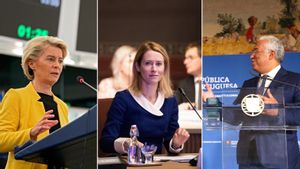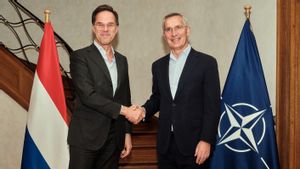JAKARTA - Head of the United Nations (UN) Political Affairsurut DiCarlo said on Wednesday the agency's meeting with the Afghan Taliban in Qatar this weekend would not be a discussion of international recognition of the group.
The meeting, which will also be attended by envoys from around 25 countries, will be the third meeting in Doha, but the first to be attended by the Taliban, which has not been recognized internationally since seizing power in August 2021, after the US-led international coalition forces left after 20 years of war.
"This is not a meeting on confessions. This is not a meeting to generate recognition does not mean recognition," DiCarlo told reporters.
"It's not about the Taliban. It's about Afghanistan and its people," he continued.
The UN-led meeting aims to involve the Taliban, who have taken firm action against women's rights since returning to power, in an effort to improve the lives of millions of Afghans.
This weekend's meeting will focus on future engagement, along with sessions on the private sector's business and anti-narcotics.
Human rights groups criticized the United Nations for not involving Afghan women at the negotiating table with the Taliban in Doha.
In addition, UN officials and state envoys attending the Taliban meeting will also meet separately with Afghan civil society groups.
"I want to emphasize, this is a process. We received a lot of criticism: Why are women not involved? Why are Afghan women not involved? Why are civil society not involved? This is not an inter-Afghan dialogue," explained DiCarlo.
SEE ALSO:
"I hope we can get there one day, but we haven't got there yet," he said.
It is known, since the Taliban returned to power, most girls have been barred from entering high school and women have been barred from entering universities. The Taliban has also banned most Afghan female staff from working in aid agencies, closed beauty salons, banned women from entering parks, and restricted travel for women if there were no male guardians.
The Taliban say they respect human rights in accordance with their interpretation of Islamic law.
The English, Chinese, Japanese, Arabic, and French versions are automatically generated by the AI. So there may still be inaccuracies in translating, please always see Indonesian as our main language. (system supported by DigitalSiber.id)


















